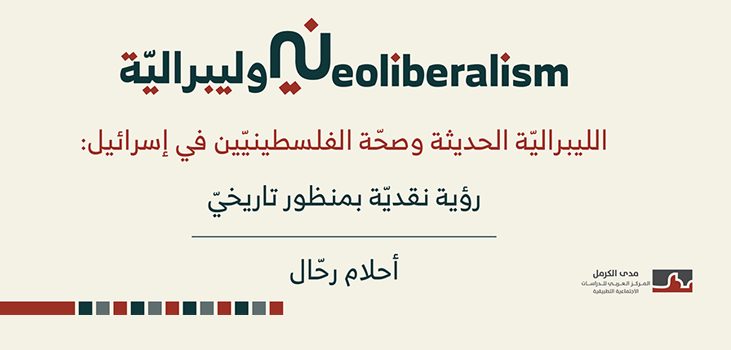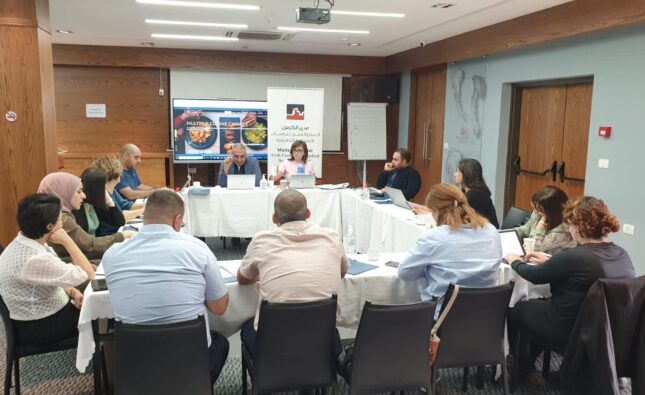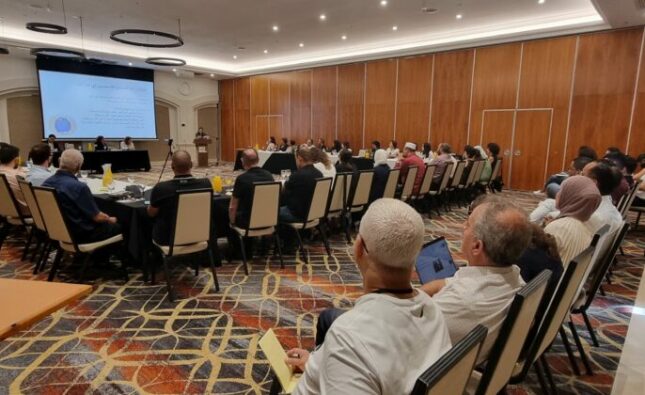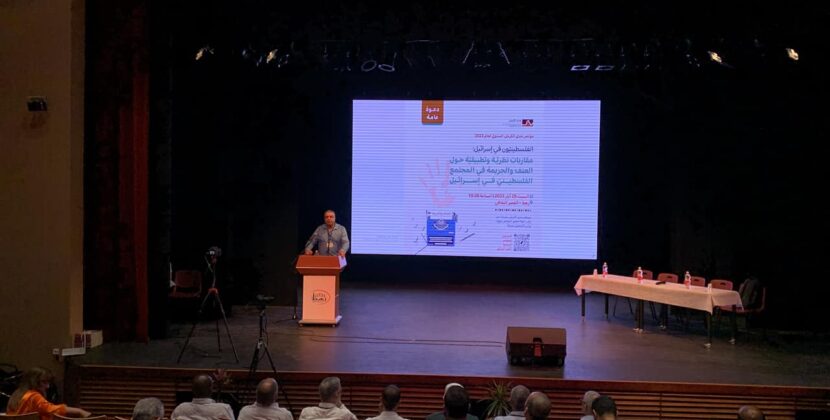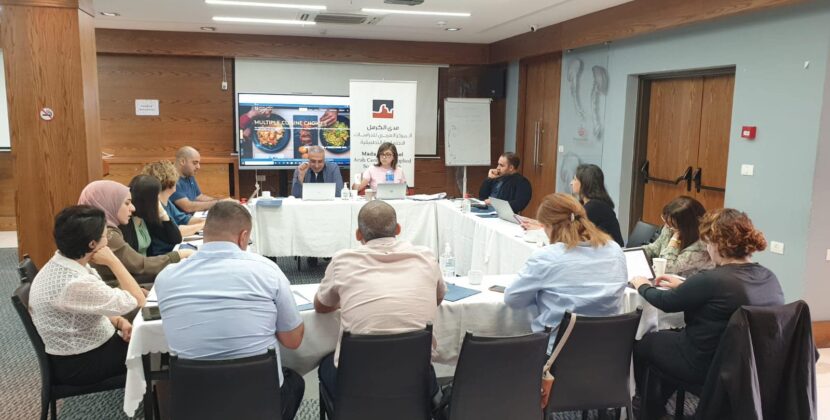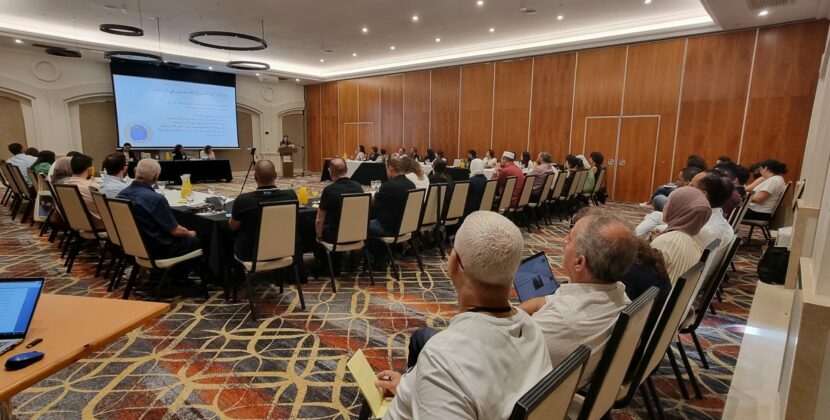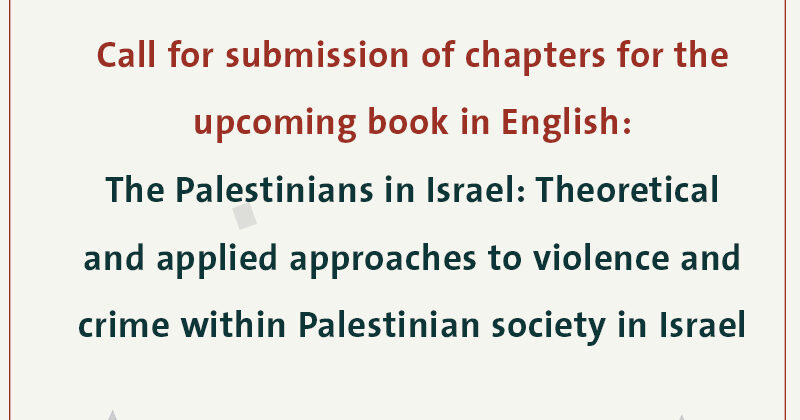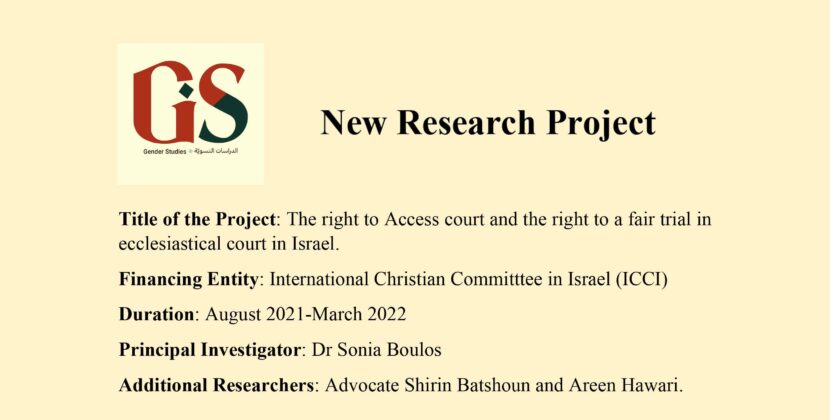This study written by Ahlam Rahal investigates and analyzes public health and Israel’s indigenous Palestinian community. Focusing on the last few decades, in which Israel underwent major neoliberal reforms, the study also takes into account the positionality of Palestinians in relation to the Israeli state and the historical power struggles informing this relationship.
By reviewing health data from this period of neoliberal transition, the study sheds light on existing physical and mental health gaps between Palestinians and Jews in Israel. The study demonstrates that widening socio-economic gaps between Palestinians and Jews are accompanied by a concurrent widening in ‘health gaps’ separating these groups.
Making reference to race theory, the study presents its analysis through a critique of Israeli state policy and national ideology. The general exclusion of Palestinians took new shape within the context of neoliberalism, as the Palestinian community in Israel were denied equal participation in the free market. Its socio-economic standing was thus further weakened; this manifested in many areas, including poorer standards of Palestinian mental and physical health.
The study concludes that Israeli policies which control and exclude Palestinians have penetrated into all aspects of Palestinian life, including mental and physical health, alongside access to healthcare. It provides suggestions for the future and makes recommendations on how to deepen our understanding of health gaps between Palestinians and Jews in Israel.
Read the full paper here (Arabic only).





